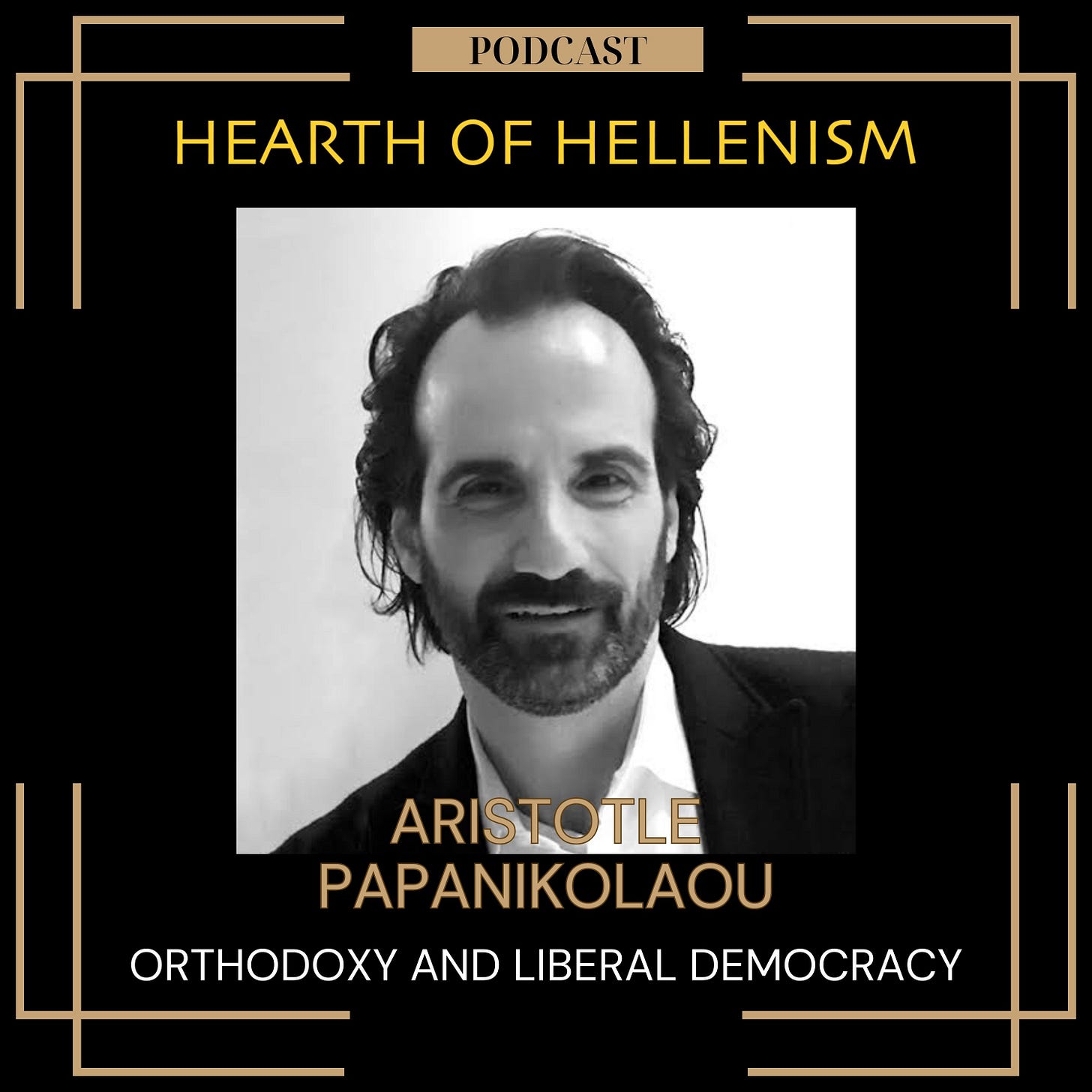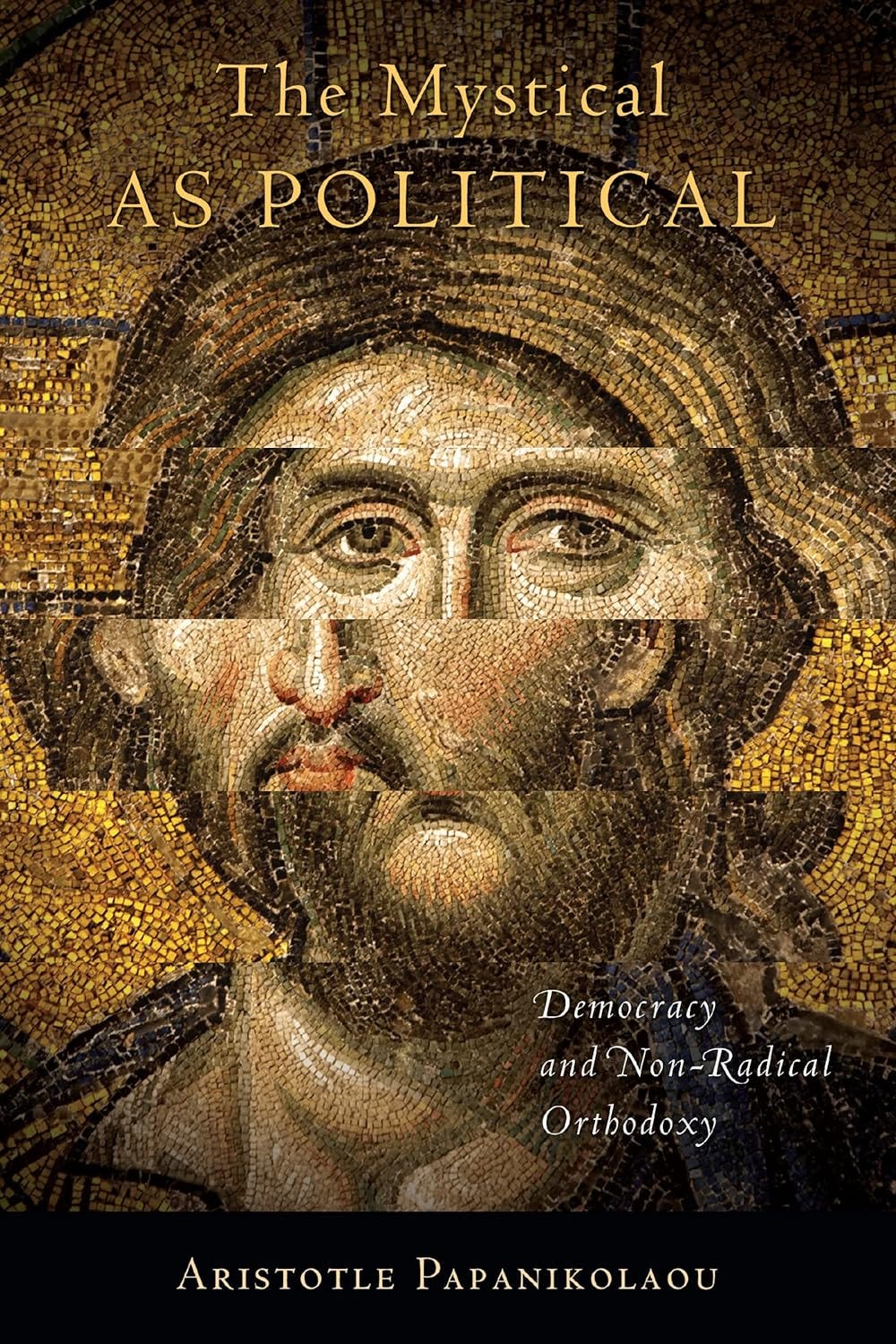In this interview, I discuss with Dr. Papanikolaou current affairs concerning Orthodox Christianity and politics. Both as it relates to matters on the world stage and in the Greek diaspora. Orthodoxy has a history of being ‘cozy’ with Empire so how does it align and adjust itself to function is countries with one form of liberal democracy or another?
Why shouldn't Orthodox Christians idealize the 'Byzantine' Empire as a political model, but rather support liberal democracies? Papanikolaou addresses this issue in his book, The Mystical as Political: Democracy and Non-Radical Orthodoxy.
“Papanikolaou hopes to forge a non-radical Orthodox political theology that extends beyond a reflexive opposition to the West and a nostalgic return to a Byzantine-like unified political-religious culture. His exploration is prompted by two trends: the fall of communism in traditionally Orthodox countries has revealed an unpreparedness on the part of Orthodox Christianity to address the question of political theology in a way that is consistent with its core axiom of theosis; and recent Christian political theology, some of it evoking the notion of “deification,” has been critical of liberal democracy, implying a mutual incompatibility between a Christian worldview and that of modern liberal democracy.” Book Description
Aristotle Papanikolaou is a Professor of Theology and the Archbishop Demetrios Chair in Orthodox Theology and Culture. He is Co-Director of the Orthodox Christian Studies Center at Fordham University, and Senior Fellow at the Emory University Center for the Study of Law and Religion. In 2012, he received the Award for Excellence in Undergraduate Teaching in the Humanities. He was born/raised in Chicago, Illinois, and he enjoys Russian literature, Byzantine and Greek music, and is a bit of a foodie. (Source: Fordham University)













Share this post